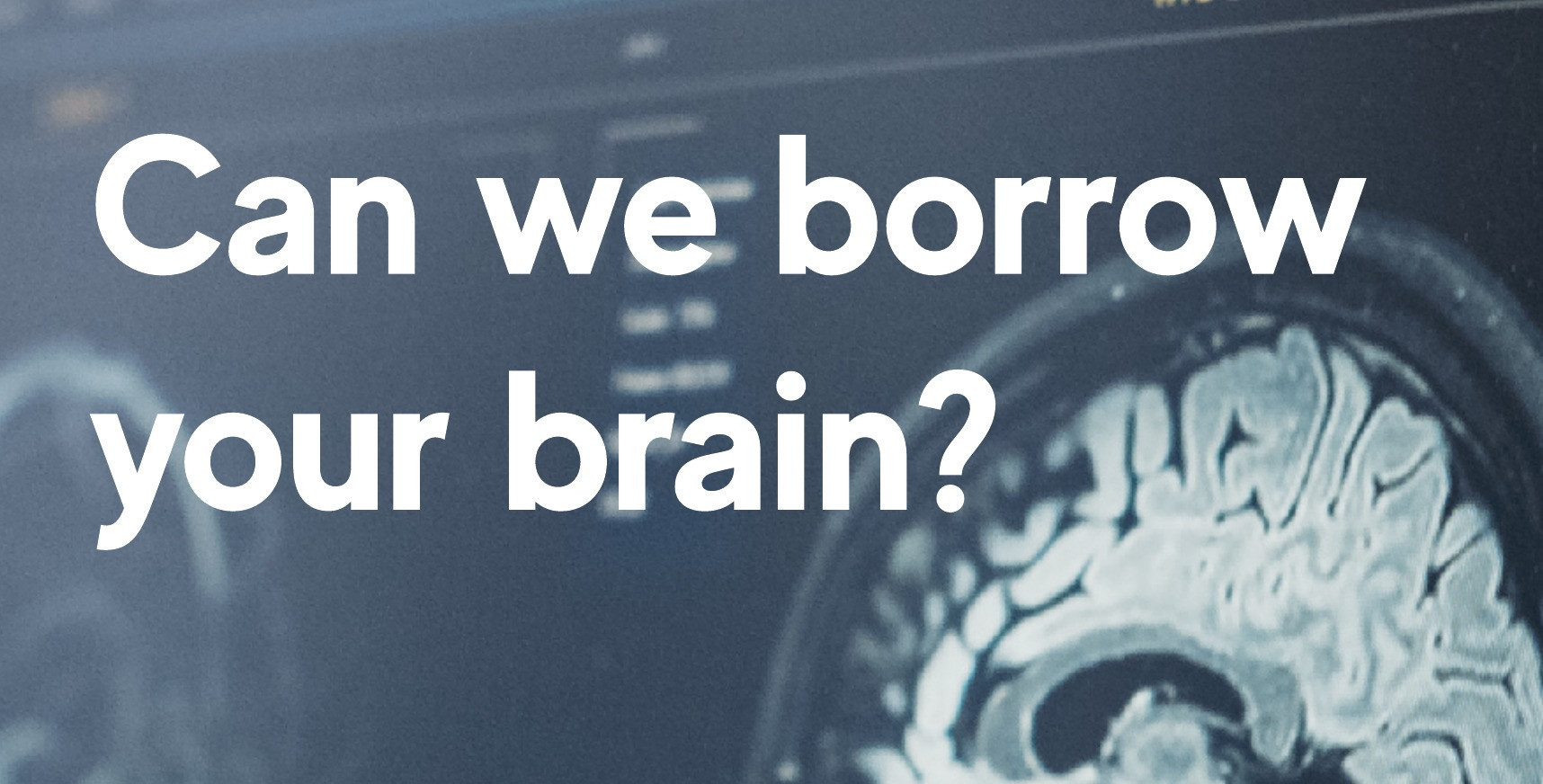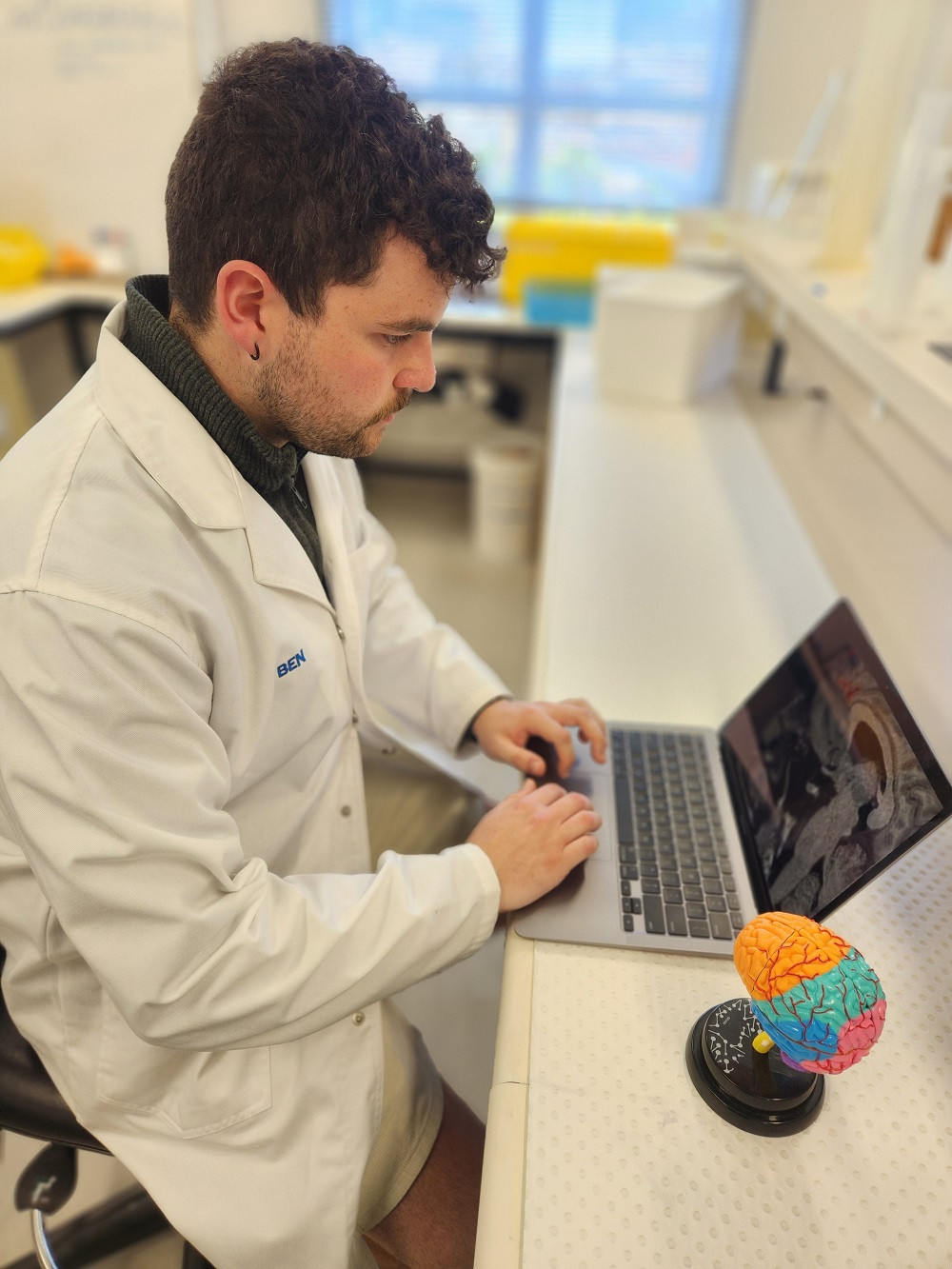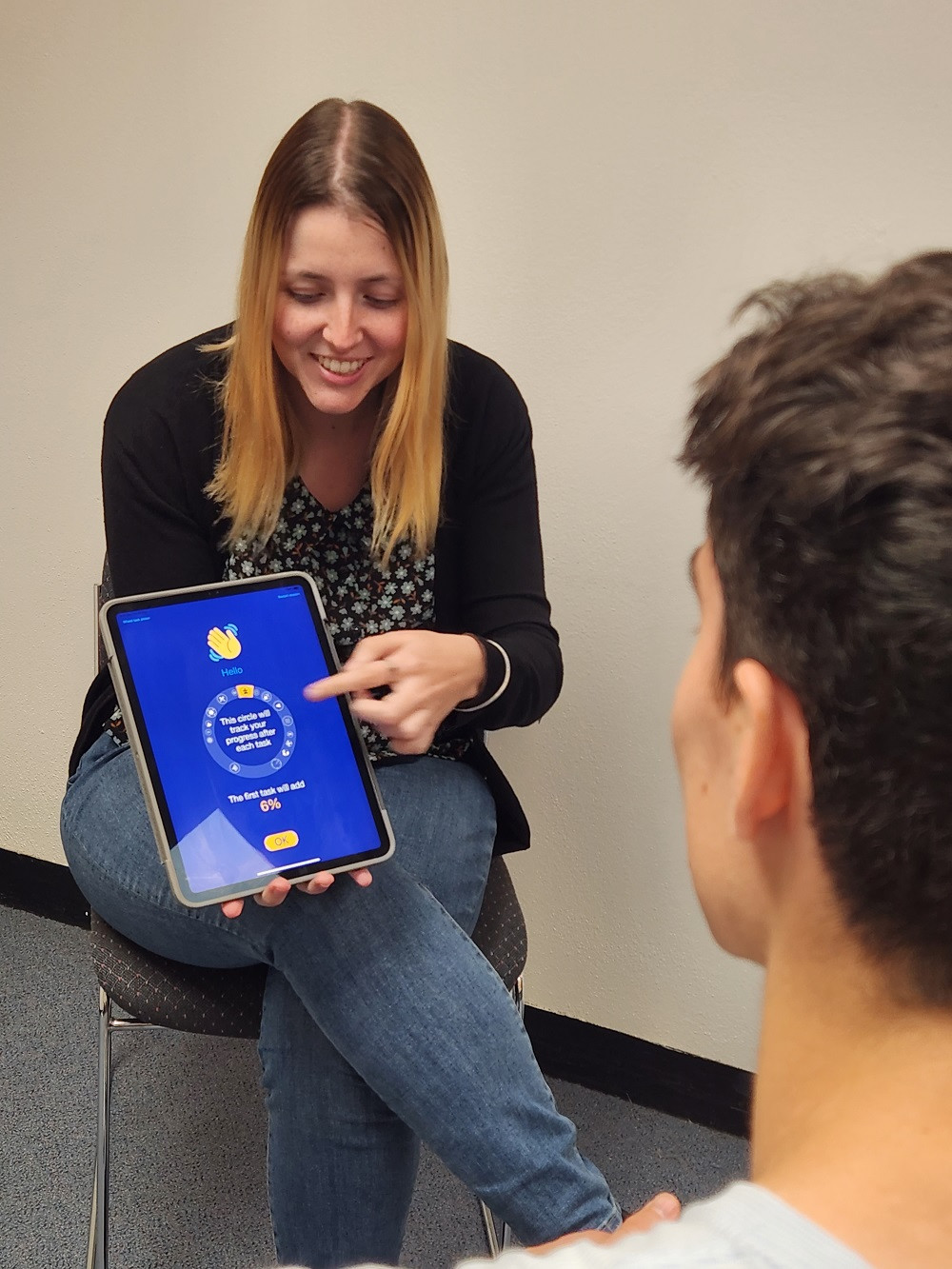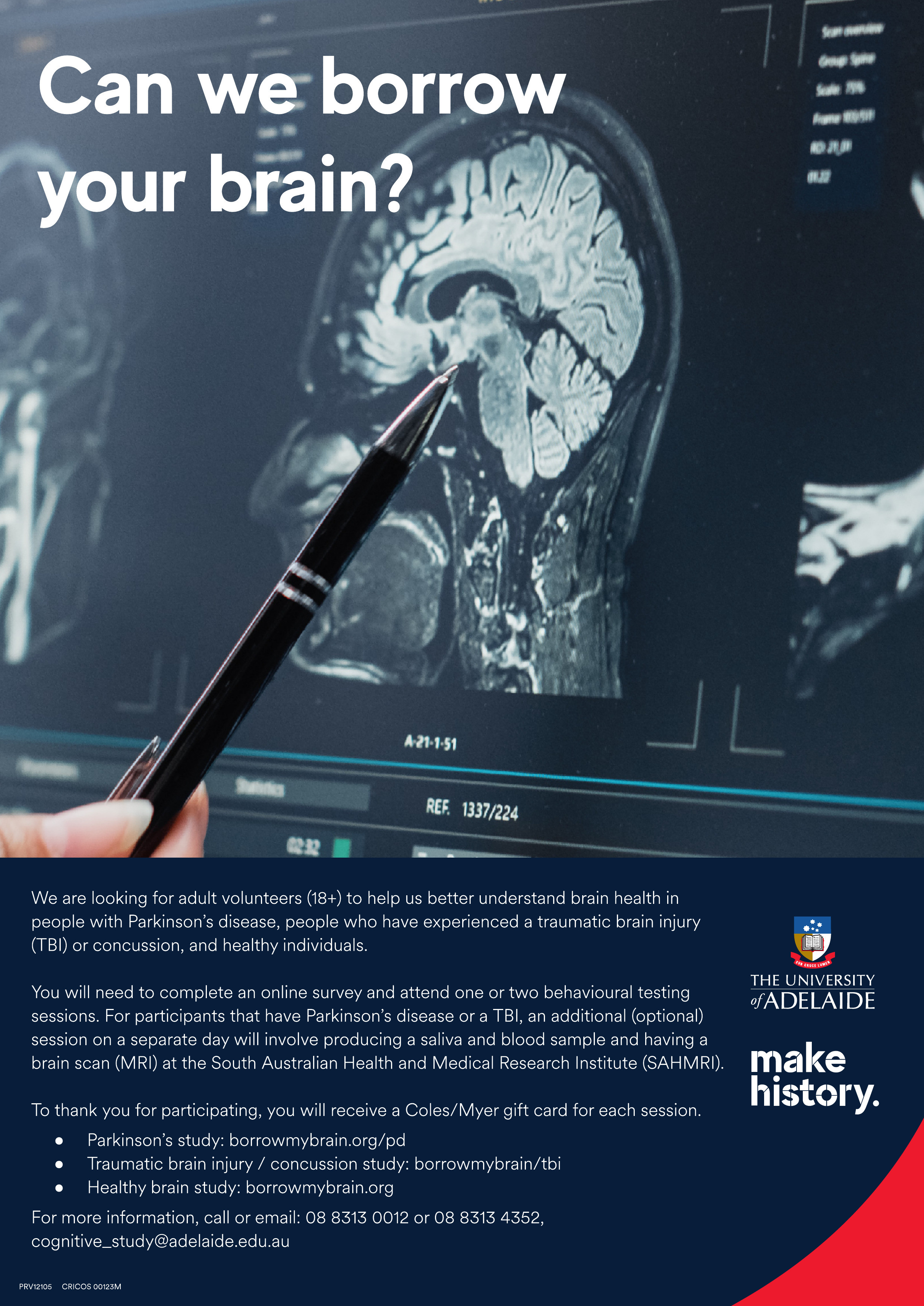Lasting Impact: Pioneering Research on the Link Between Traumatic Brain Injuries and Parkinson's Disease
Looking for adult volunteers to help us better understand brain health in people with Parkinsons's disease, TBI or concussion

Traumatic brain injury / Concussion study: http://borrowmybrain/tbi
Parkinson’s study: http://borrowmybrain.org/pd
Healthy brain study: http://borrowmybrain.org
In a ground-breaking study by the University of Adelaide, researchers are on the verge of providing vital insights into the long-term brain health of individuals who have experienced traumatic brain injuries (TBIs) or are living with Parkinson’s Disease (PD). Led by Associate Professor Lyndsey Collins-Praino and Dr Irina Baetu, these studies aim to identify factors in the brain that increase the risk of neurodegenerative diseases and long-term memory impairment following a TBI, while also uncovering patterns of cognitive performance that may predict the development of cognitive problems in PD.

Cutting-edge technologies are being employed to compare the brains of TBI sufferers and individuals already diagnosed with PD, with those of healthy counterparts, resulting in a deeper understanding of the factors that might make some people more vulnerable to injury or disease, but also the factors that increase brain resilience and result in better cognitive function despite neural degeneration, which could inform future therapies.
For many people, TBI is not merely an acute event but an ongoing diagnosis. Five to 15 percent of all dementia cases are estimated to be related to TBI. Concussions, minor brain injuries caused by a bump, blow, or jolt to the head, increase the risk of PD by about 56 percent, while a more severe injury escalates that risk to over 80 percent. Even for those who recover in the short term, there's still a potential risk of developing long-term degenerative outcomes. Using a multidisciplinary approach, the goal of this research is to understand the factors that influence the trajectory of cognitive and brain health decline following a TBI and to predict the risk of long-term illnesses, paving the way for a more informed and personalised approach to clinical diagnosis and prognosis for TBI survivors.

But the team's quest for understanding the brain doesn't stop there. Running in parallel, the PD project delves into the intricacies of brain function and cognitive decline in different PD subtypes (tremor-dominant and akinetic-rigid), potentially leading to more targeted and effective treatment recommendations. Furthermore, as TBI is a strong risk factor for PD, the study aims to uncover the potential neural mechanisms underlying this risk by comparing the two cohorts, which could aid prognosis and inform preventative measures to minimise risk of conversion to PD (or other neurodegenerative diseases) following injury.

Together, these innovative studies offer hope for improved diagnosis, treatment and care for individuals affected by traumatic brain injury and neurodegenerative diseases, potentially transforming the landscape of neurological research and patient care.
The research team are currently seeking participants from South Australia who have either had a concussion or TBI after the age of 6, or who have been diagnosed with PD (or who would like to participate as a healthy control).
For more information on the study and how to join, visit the websites below or contact: 08 8313 4352 or cognitive_study@adelaide.edu.au

Traumatic brain injury / Concussion study: http://borrowmybrain/tbi
Parkinson’s study: http://borrowmybrain.org/pd
Healthy brain study: http://borrowmybrain.org




